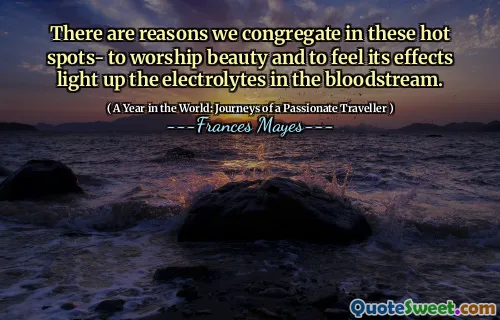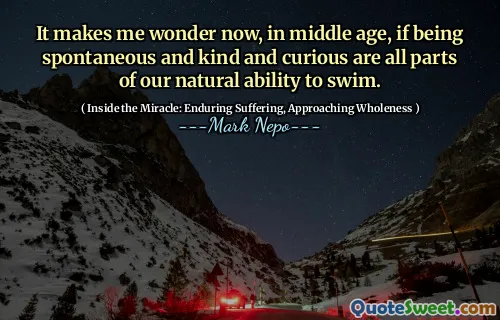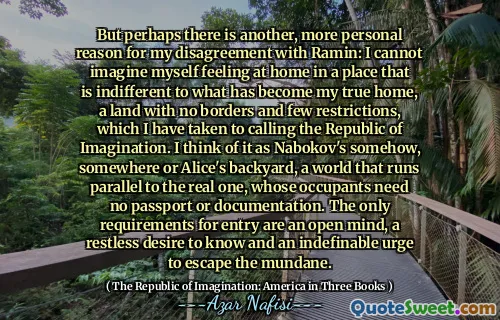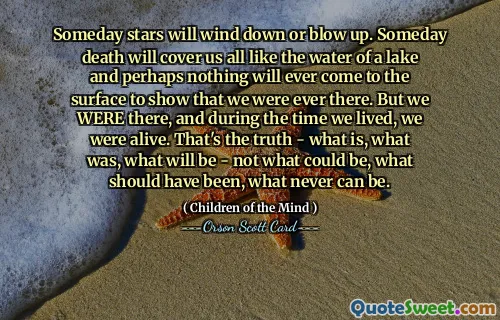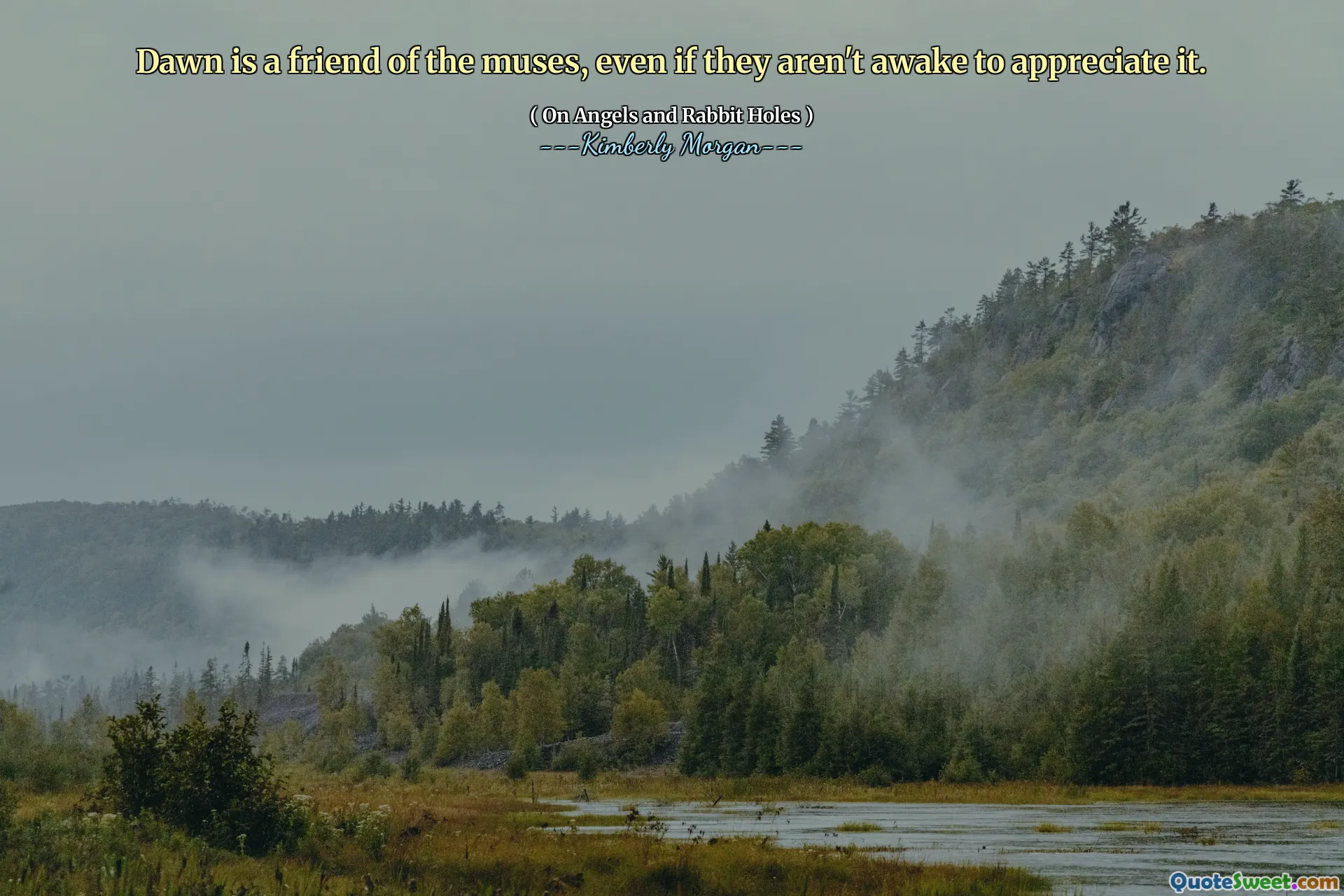
Dawn is a friend of the muses, even if they aren't awake to appreciate it.
This quote metaphorically connects the natural beauty and symbolism of dawn with the elusive nature of inspiration, represented by the muses. Dawn is often a time of new beginnings, fresh perspectives, and possibilities yet to be realized. However, the muses—the classical symbols of artistic inspiration—are said not to be awake to appreciate this time. This implies a poignant tension between potential and realization. Sometimes, opportunity or beauty exists quietly or unnoticed until one is ready to embrace it. It also suggests that inspiration, though present like the dawn's light, requires awareness, readiness, and openness to awaken and manifest. The statement gracefully reminds us that inspiration can be ever-present in our environment, but we must be conscious and receptive to it in order to truly benefit. It underscores the value of mindfulness and being attuned to subtle signs, like the quiet moments at dawn where ideas can take root before the noise of the day begins. This interpretation resonates with creative practices, where moments of insight might come unexpectedly or remain dormant if not actively sought. Ultimately, the quote celebrates dawn's gentle but steadfast companionship with creativity, even during moments when we or the creative forces within us seem dormant or unaware. It speaks to patience, trust in the natural cycles of inspiration, and the hope that one day, we will awaken to recognize and cherish these gifts.


